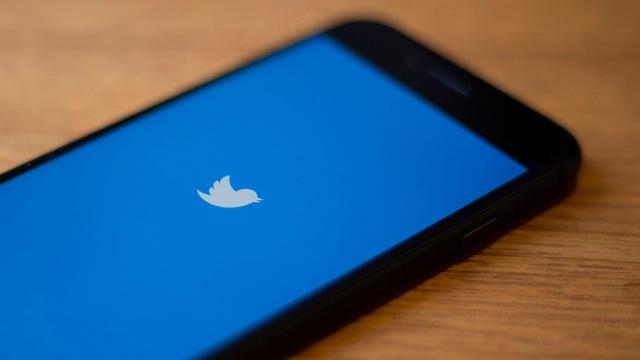The social media company that brought you the Fleet began testing its take on audio-0nly chat rooms on Thursday. In a thread announcing the private beta tests, Twitter said a small group of users would be able to create Spaces, as the feature is now being called, and invite any of their followers or other Twitter users to join.
the human voice can bring a layer of connectivity to twitter through emotion, nuance and empathy often lost in text. we see this with voice tweets & voice dms. sometimes 280 isn’t enough, and voice gives people another way to join the conversation.
— Spaces (@TwitterSpaces) December 17, 2020
When first teasing the feature last month, Twitter said that it would prioritise marginalised communities, aka groups that are more likely to be subjected to abuse and harassment on its platform, as it rolls out access to Spaces. With the creator of a Space in control of who joins and who gets kicked or muted, the hope is it’ll allow for more intimate discussions than Twitter’s character limits allow and cultivate the atmosphere of “a well hosted dinner party.”
“The human voice can bring a layer of connectivity to Twitter through emotion, nuance and empathy often lost in text,” the company tweeted. “We see this with voice tweets & voice DMs. Sometimes 280 isn’t enough, and voice gives people another way to join the conversation. Our new experiment brings people together to connect directly in an intimate, conversational Space.”
Select users can create a Space by either swiping right on the Fleet creation screen or by pressing and holding the compose button in the lower right corner of the main screen. Twitter says it’ll roll out to a few hundred iOS users over the course of the coming weeks. Additional features being tested include live voice transcriptions, being able to share tweets in Spaces, and “reactions similar to hand gestures.”
Content moderation seems to be a major focus of Spaces, which makes sense given the rocky start audio-based social networking has had. Clubhouse, an invite-only voice chat room app, is still in its testing phase, granted, but has already made headlines for several high-profile moderation lapses, including the harassment of a New York Times reporter and accusations that antisemitism went unchecked on the platform.
